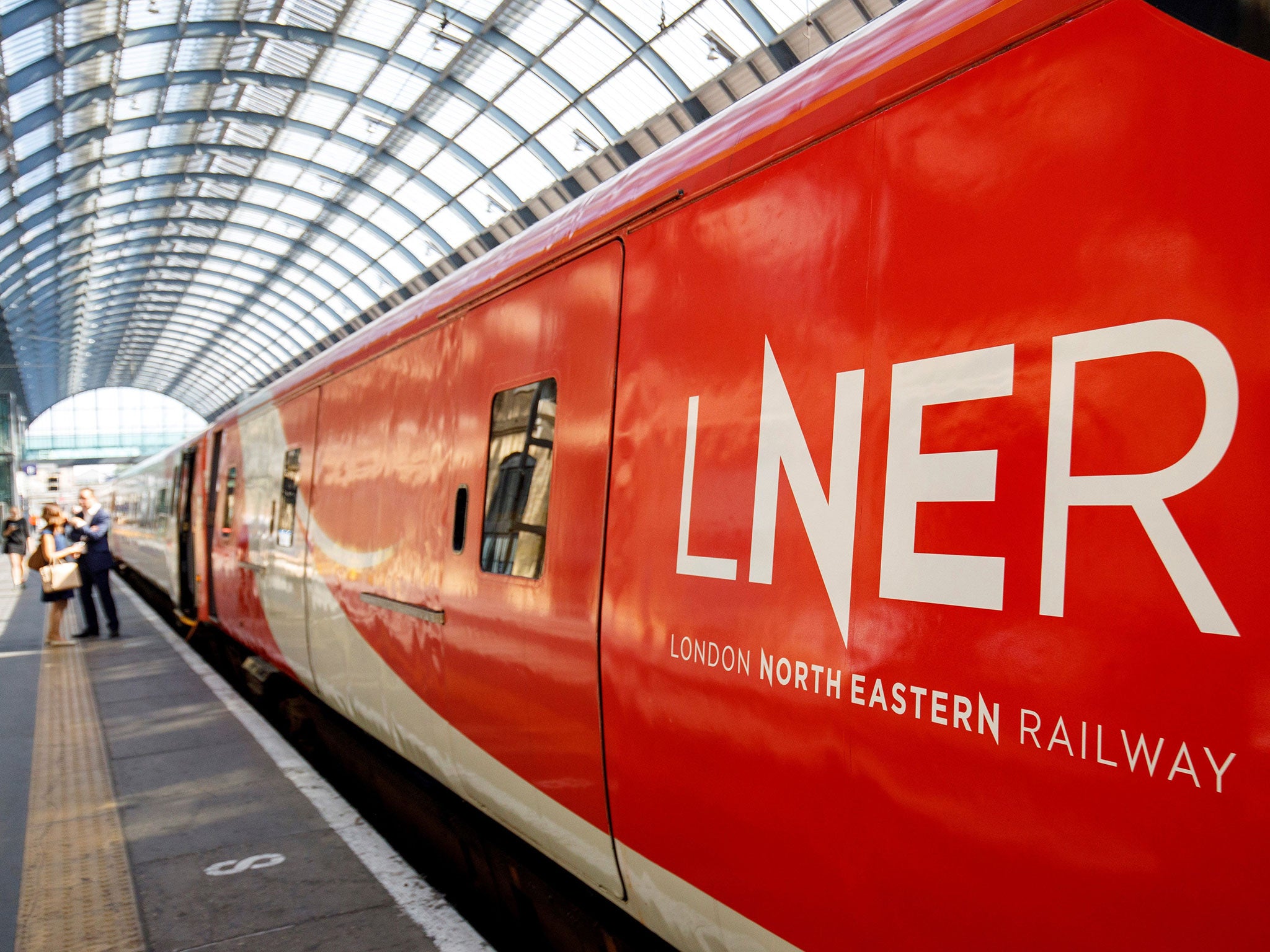Why are there so many unused seats on LNER trains?
Have a question? Ask our expert Simon Calder


Q I travel a lot on the northern end of LNER services and am often surprised by the number of unused reserved seats. Today I travelled from York to Berwick, and when I logged in to the LNER wifi the “find a seat” page showed that there were 71 seats in standard class “reserved but not occupied”.
I presume these seats have been paid for. So why are so many, nearly a whole carriage-worth, just unused?
Anthony R
A LNER, the state-owned operator of the east coast main line from London to Yorkshire, Newcastle and Edinburgh, is proud of its new sensor system which allows passengers to know where spare seats are located – a UK first, and ideal for trains which are close to full. It also allows you to know how many seats are “reserved but not occupied”. And I agree it looks a large number.
I speculate that the biggest proportion of unused reservations “belong” to people travelling on flexible tickets (anytime or off peak). When you buy these online, you are offered the opportunity to book seats on a specific train at no extra cost; but there is no penalty if you don’t use it. When I am booking such tickets ahead I tend to take up the offer and pick a service at random: if I happen to catch that particular one, and it happens to be full, then it’s good I know I have a seat.
Next-highest proportion: people who booked cheap advance tickets which are not worth cancelling. If you book an advance journey which you are unable to take, then you can either rebook an alternative journey on exactly the same route and claim a refund (less than £10) on the original ticket – or just forget the trip. On shorter journeys (eg York-Darlington) where cut-price alternatives are readily available at under £10, for example on CrossCountry, travellers will rationally just buy another ticket.
Then there are people who have missed the train, either as a result of their own misfortune or because a planned connection hasn’t worked. And a few may be standard-class passengers who have successfully bid to upgrade using the SeatFrog system.
But I agree it would be good to find some way of incentivising people who won’t be travelling as planned to cancel their reservations and reduce the scale of the issue.
Every day our travel correspondent Simon Calder tackles a reader’s question. Just email yours to s@hols.tv or tweet @simoncalder
Join our commenting forum
Join thought-provoking conversations, follow other Independent readers and see their replies
Comments